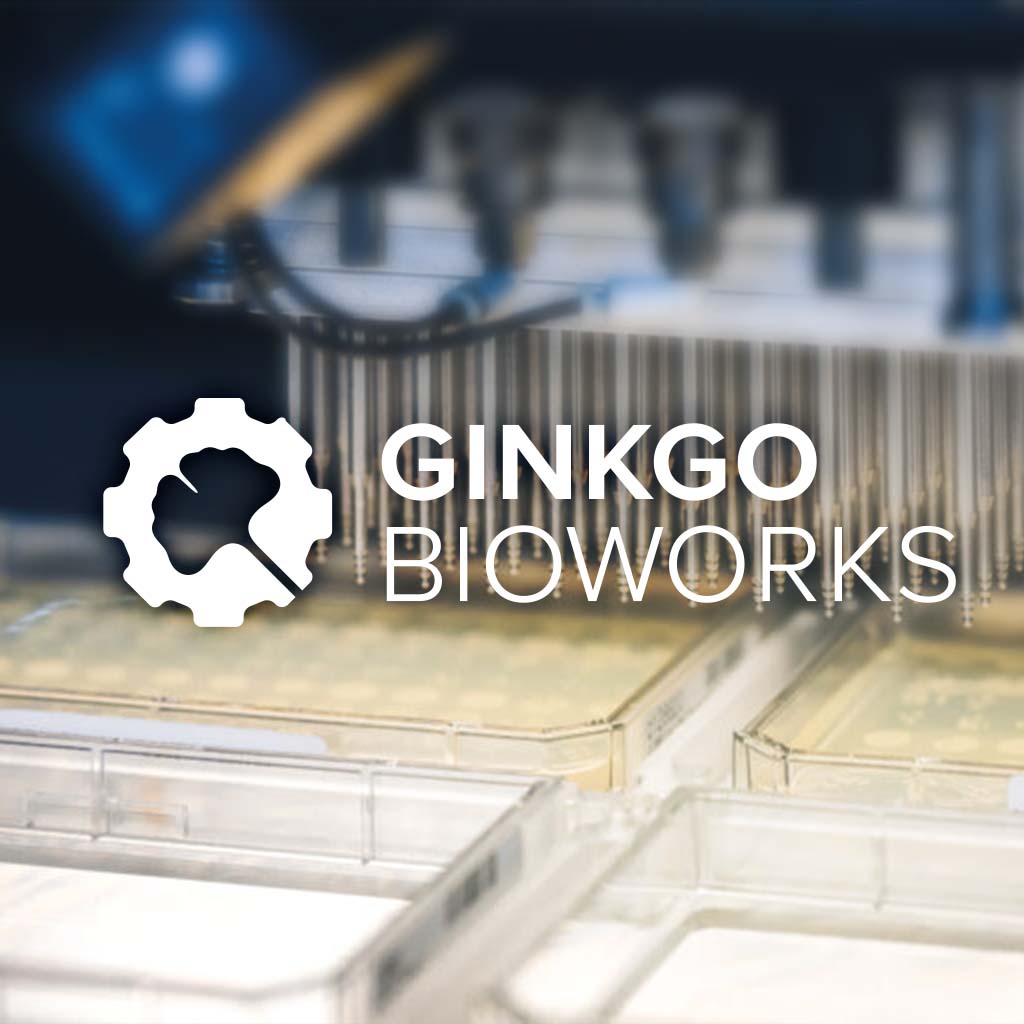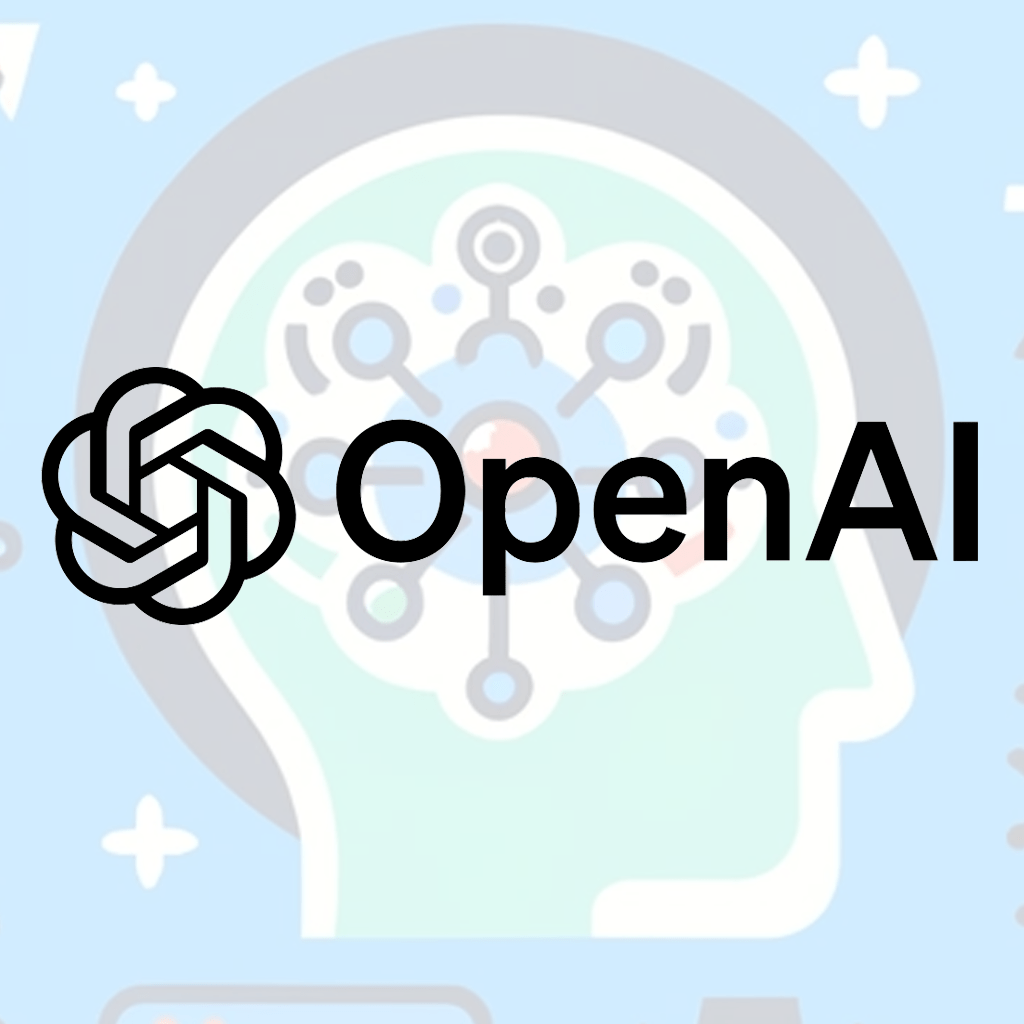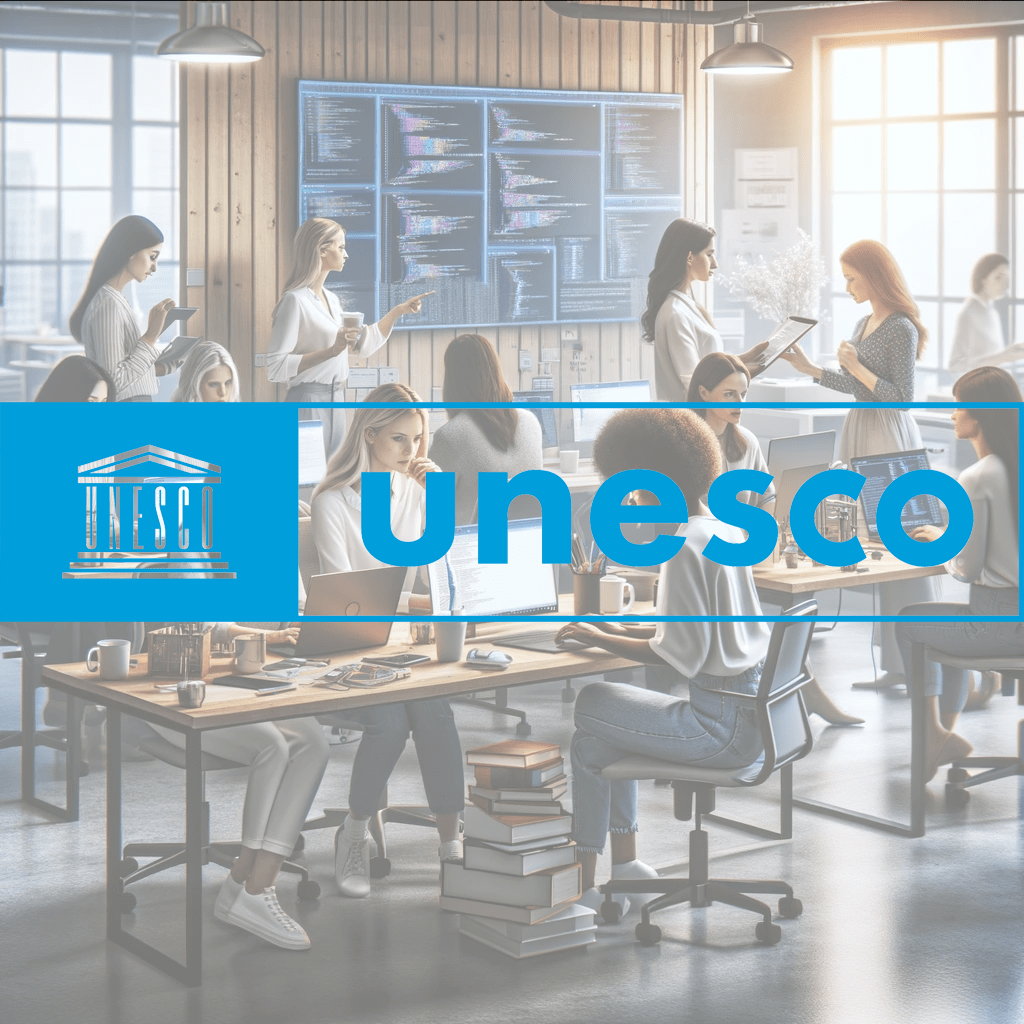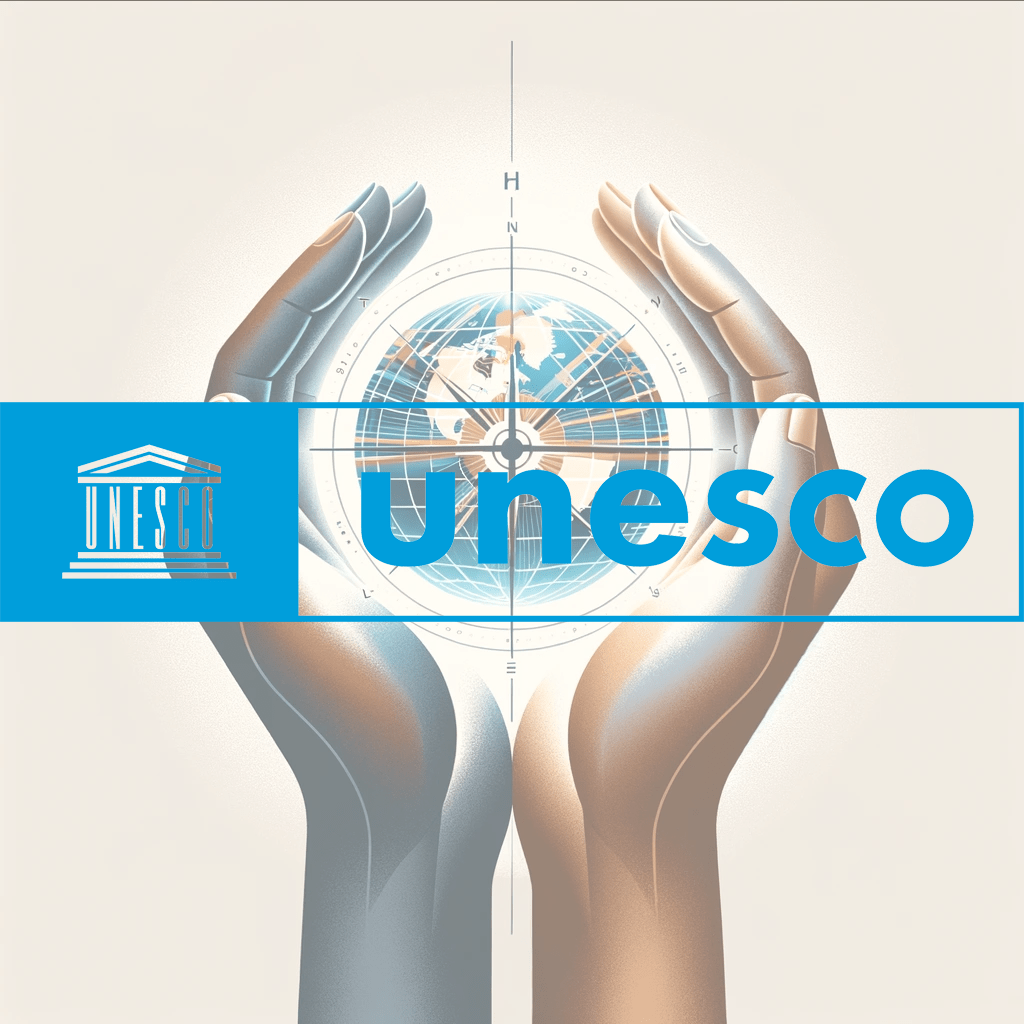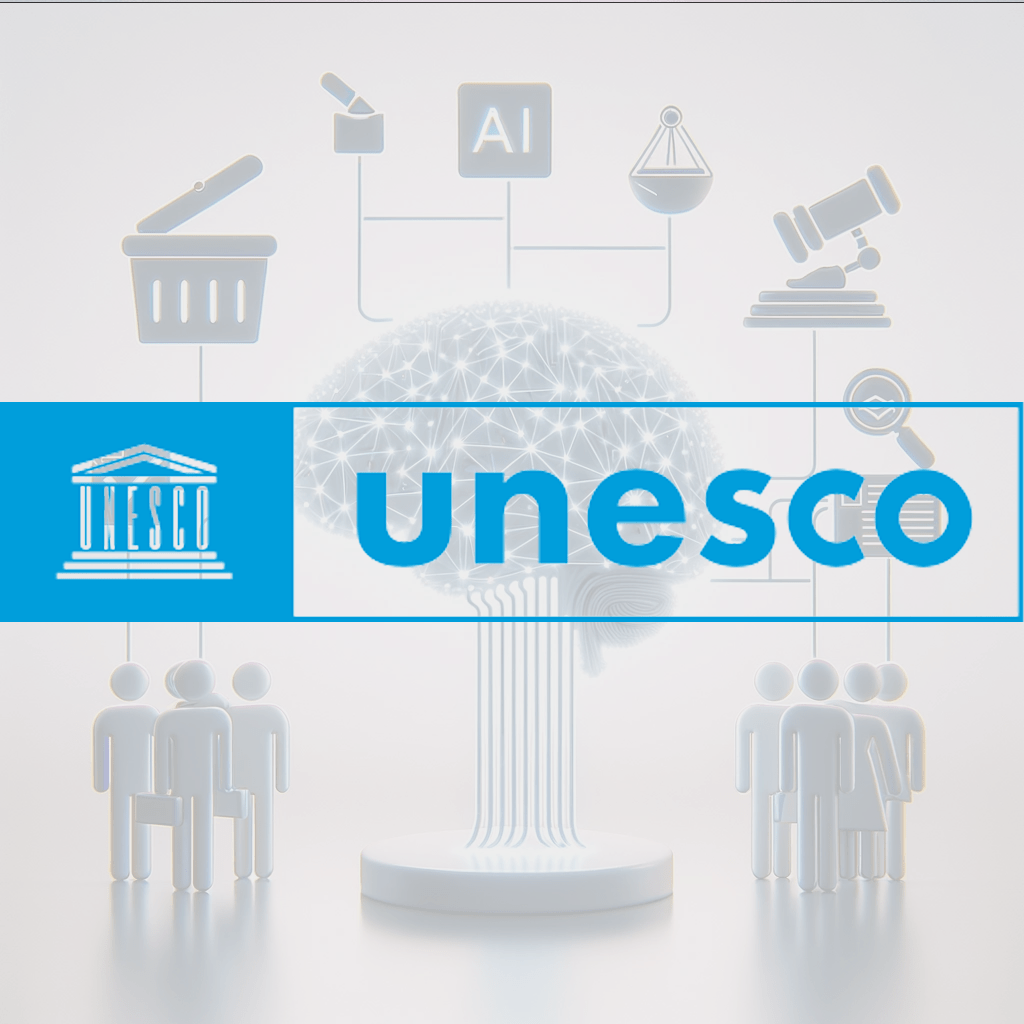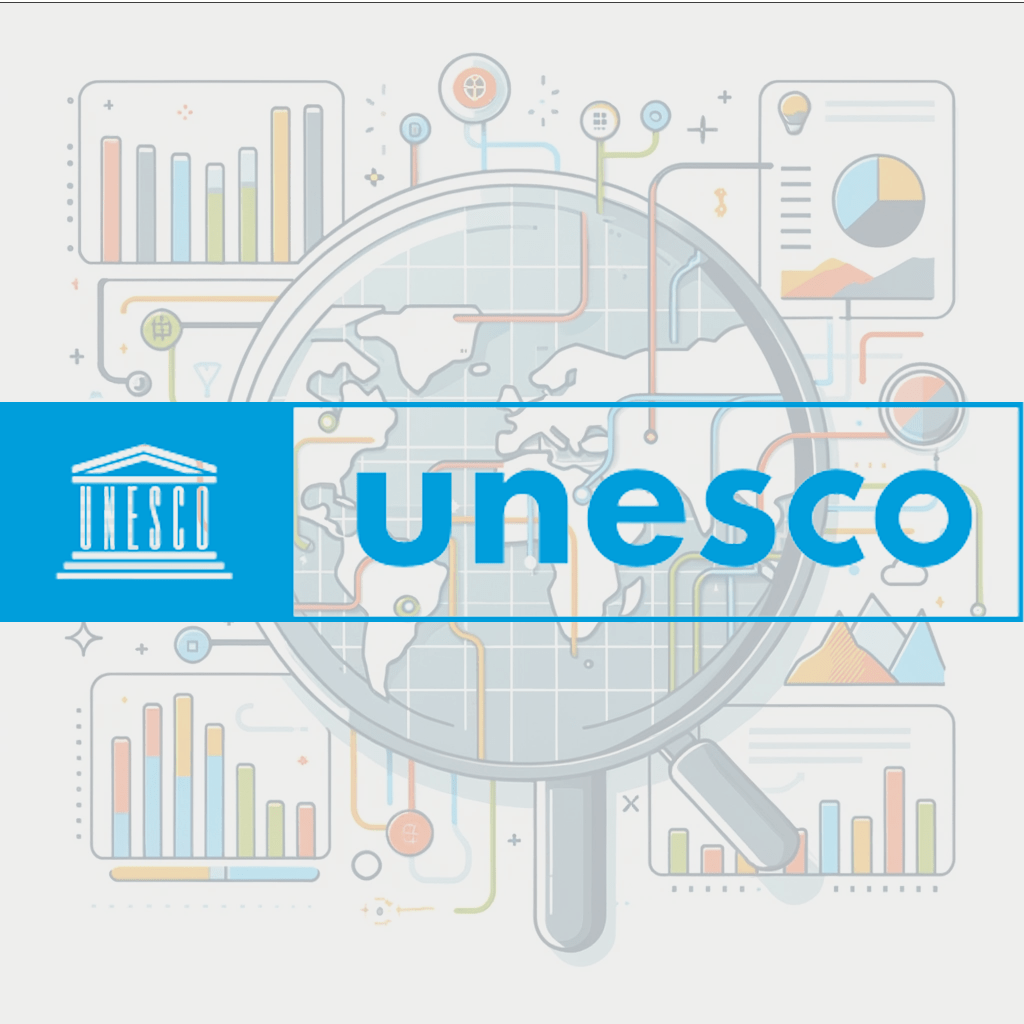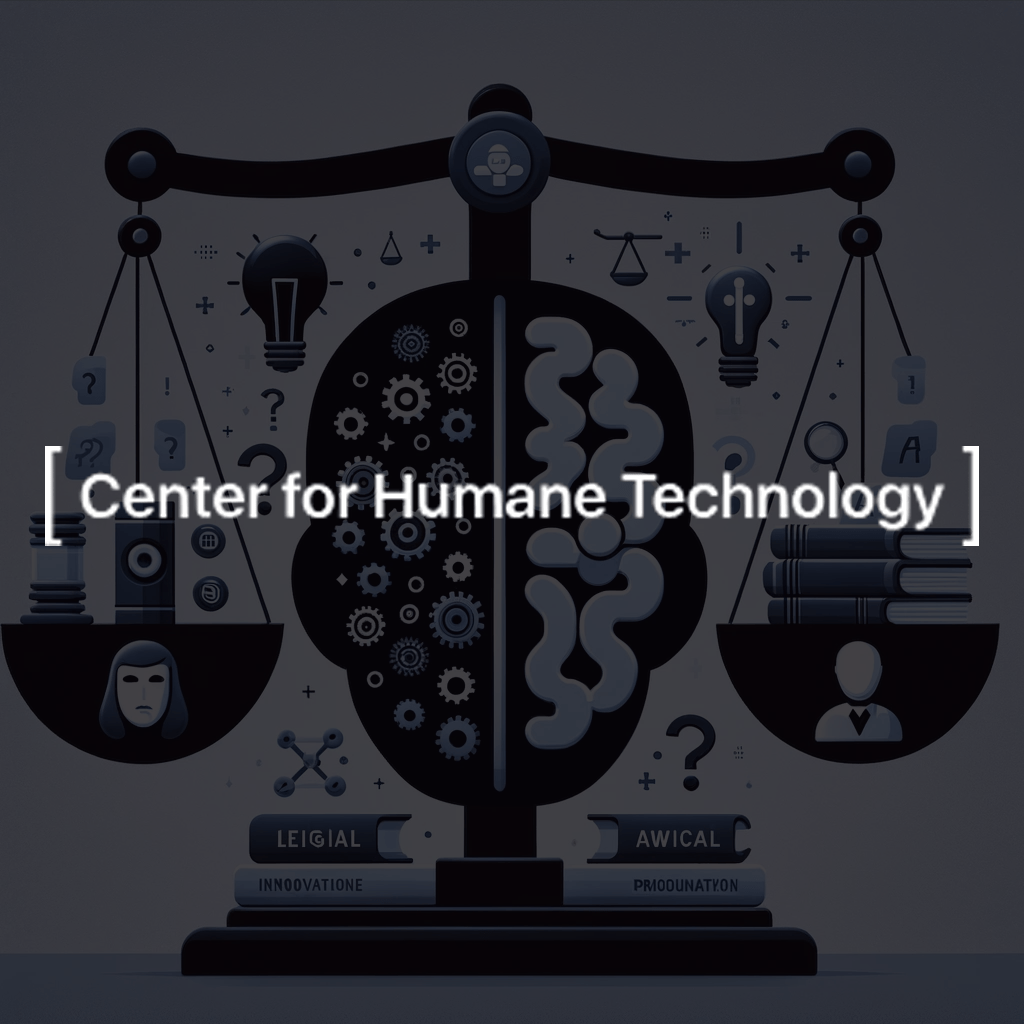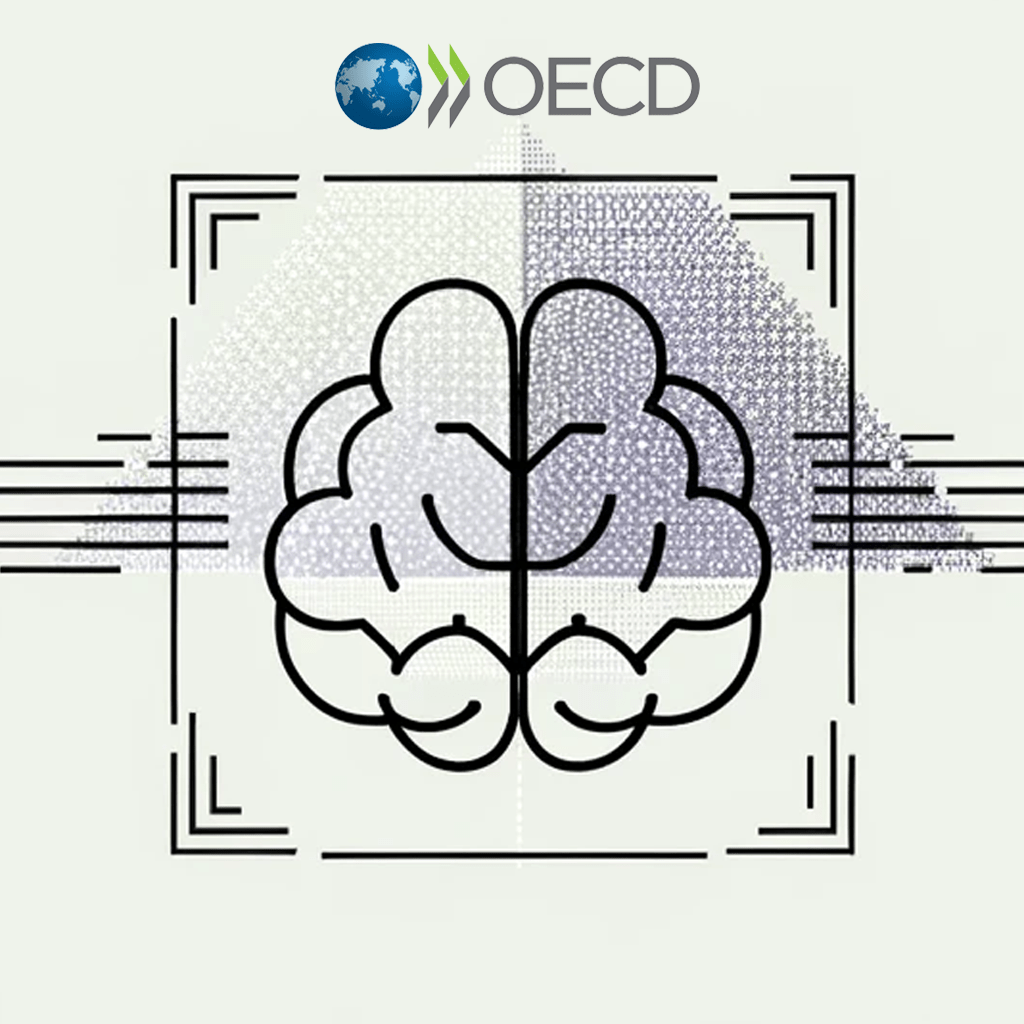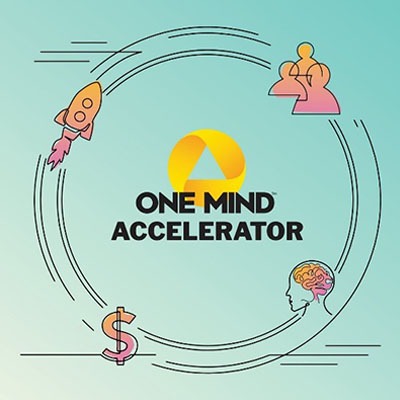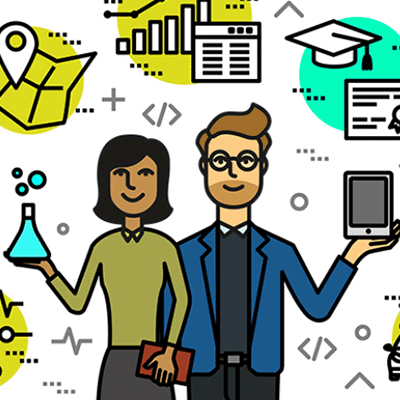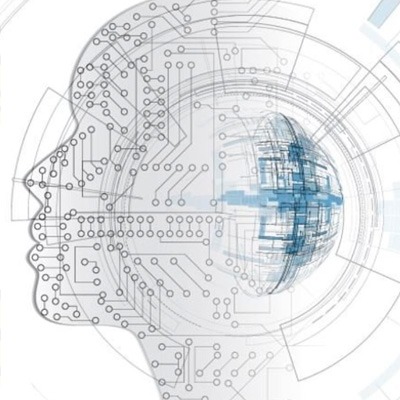Current & Past Projects
2025 Projects
National Institutes for Health (NIH)
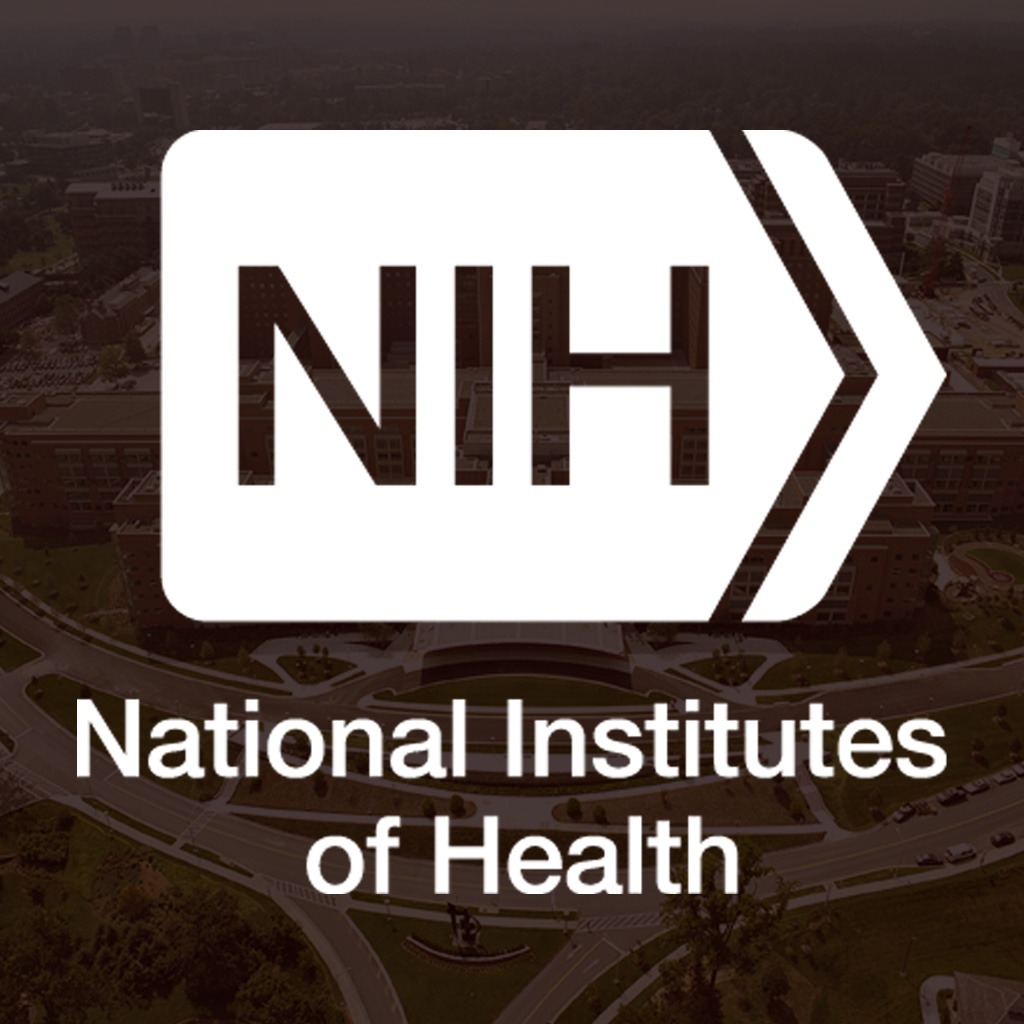 Advancing Bioethics in Chronic Disease: Addressing Gaps and Guiding Policy
Advancing Bioethics in Chronic Disease: Addressing Gaps and Guiding Policy
Chronic diseases—such as diabetes, cardiovascular conditions, and autoimmune disorders—are the leading causes of death and disability in the United States. Despite their prevalence and profound impact on individuals and society, bioethical discourse has historically centered on acute care, end-of-life decisions, and emerging biotechnologies. This focus has left a significant gap in ethical guidance concerning the long-term management and lived experiences of individuals with chronic illnesses. Recent scholarly work highlights this deficiency. For instance, Tom Walker notes that ethical reflection on chronic illnesses has been largely omitted within the field of medical ethics. Additionally, studies emphasize the need to consider the unique ethical challenges posed by chronic care, such as the reproduction of disadvantages within long-term treatment practices. Given the NIH’s leadership in biomedical research and its commitment to ethical standards, there is a critical opportunity to expand the bioethical framework to more comprehensively address chronic disease. This expansion would involve engaging multiple stakeholders, including federal agencies, the pharmaceutical and food industries, healthcare providers, and, importantly, patients themselves.
How can the NIH lead in identifying and addressing the ethical dimensions of chronic disease management, thereby filling existing gaps in bioethics literature and informing policy and practice across diverse stakeholders?
Designing Ethically Responsible AI Applications for Environmental Sustainability in Google’s Consumer and Enterprise Ecosystem
Google has long led the way in applying AI to improve products, user experiences, and global systems. As environmental challenges grow more urgent, Google is exploring how emerging AI capabilities—such as multimodal sensing, pattern recognition, and anomaly detection—can be leveraged to advance sustainability across its platforms. Early examples include machine learning for bioacous5c detec5on using Nestcams and AI to iden5fy fugi5ve refrigerant leaks in enterprise HVAC systems. These illustrate AI’s promise in creating measurable environmental benefits while integrating with real-world Google products. This project challenges student researchers to go further: to imagine, prototype, and assess novel AI-powered sustainability features or products that Google might build. However, AI innovation is never purely technical. Every new capability must navigate real tensions—between transparency and proprietary advantage, personalization and privacy, innovation and bias, profit and public interest. Thus, this exploration must be grounded not only in technical feasibility and environmental impact, but in ethical responsibility. Students will engage with real-world tensions that Google teams face every day, using internal principles and tools—such as model cards, fairness audits, and ethical evaluation frameworks—to structure their thinking and recommendations.
How can Google responsibly develop novel AI-powered products and features that materially advance environmental sustainability while balancing ethical tradeoffs around privacy, fairness, transparency, and long-term impact?
Office of North Carolina Governor Josh Stein
AI Integration in North Carolina State Government: Policy Best Practices and Implementation Roadmap
Governments nationwide are experimenting with artificial intelligence (AI) to improve efficiency, strengthen public services, and enable data-driven decision-making. Integrating AI, however, demands transparency, accountability, and protection of citizens’ rights. North Carolina has an opportunity to become a national leader by advancing a responsible, citizen-centered approach. To move quickly while retaining public trust, the Governor’s Office will sponsor two coordinated teams:
- Team One – AI for Service Delivery will identify safe, high-impact ways for agencies to deploy AI that measurably improve constituent services.
- Team Two – AI & North Carolinians will study how AI will affect the state’s workforce, educa9on system, and health outcomes, and will craP policy responses that reflect broad public input.
The two teams will generate pilot projects, policy briefs, and presentations that can win support in a Republican-controlled legislature and among citizen groups. How can North Carolina develop an effective, ethical, and sustainable approach to integrating AI in state government operations while safeguarding privacy, fairness, and public trust—and, at the same 9me, ensure that North Carolinians are prepared for the social and economic impacts of AI?
How can North Carolina develop an effective, ethical, and sustainable approach to integrating AI in state government operations while safeguarding privacy, fairness, and public trust—and, at the same 9me, ensure that North Carolinians are prepared for the social and economic impacts of AI?
SJF Ventures
Comparing Diverse Impact Metrics for Portfolio Performance Assessment
SJF Ventures is a leader in impact investing, backing high-growth companies that drive environmental and social change. Each portfolio company has unique impact measures—such as carbon offset, waste reduction, or job creation—and SJF faces the challenge of quantifying and comparing non-financial impact across its entire portfolio. Currently, impact reporting in venture capital lacks a framework for comparing diverse impact metrics, making it difficult to present aggregate “impact performance” alongside financial performance. SJF seeks to ground their impact comparison framework in rigorous academic research to ensure credibility, comparability, and scalability. This project will explore methodologies to develop scientifically backed approaches to comparing varied impact KPIs that can evaluate performance across a diverse set of portfolio companies.
How can SJF Ventures (and other impact investing funds) develop scientifically validated methods to compare and quantify the non-financial impact performance of their portfolio companies with diverse metrics?
2024 Projects
Ginkgo Bioworks
Norms and Systems of Governance for Synthetic Biology
In a world where you can grow anything, what are the norms and systems of governance that should exist around the production of substances that can have harmful effects?
The team’s first objective will be to assemble a historical review of how thinkers and actors have categorized the wide range of potentially addictive, tolerance-building, and/or dependence-building substances. Then, the team will look at which of these categorization schemes have been adopted by governments and other stakeholder groups for the purposes of designing controlled substances regimes.
How Mission Orientations, Ethical Beliefs, And Ownership Structures Have Shaped The Growth Of Companies And Their Impacts On The World.
Ginkgo Bioworks has three permanent ownership values: mission obsession, caring about how our platform is built and used, and ownership.
The team will explore how mission orientations, ethical beliefs, and ownership structures have shaped the growth of Ginkgo Bioworks and other companies and their impacts on the world. The team will also research the ownership structure of biotechnology and biopharmaceutical companies internationally to explore how their ownership structure influences company governance, as well as product development and commercialization.
Examples of important comparisons we would like to explore include: the degree to which corporations are state-owned, foundation-controlled, and public/private; corporations’ approach to intellectual property and commercialization strategies; corporations’ approaches to future-oriented R&D. The team will also incorporate analysis of how relevant laws and regulations limited or encouraging certain ownership schemes have been developed.
OpenAI Projects
Incentives and Compensation of AI Models
This team will conduct a comprehensive landscape analysis to explore how incentives and compensation mechanisms could influence AI model behaviors in alignment with predefined goals. Drawing from economic, behavioral economic theories and other relevant theories of behavior, the team will assess the role and relevance of human and animal behavior incentive models to AI systems. Within the project scope will be clarifying the concept of “incentives” within AI contexts, with the aim of avoiding dilution of its meaning through linguistic drift. The team may also design a pilot scheme to tests specific incentive, reward, or compensation strategies, and a methodology that could measure any relevant changes in AI model behavior. As a preliminary scoping project, the goal will be to better understand and model the potential value of incentive-based frameworks to guide AI towards behaviors that are beneficial and aligned with human values and organizational objectives.
UNESCO Projects
Women in AI
Assessing the entity of the AI gender divide, proposing relevant metrics that can help assess the status quo, establish objectives, and monitor improvement or lack thereof. Identify possible policy actions that can help narrow the gap and create a matrix of gap type versus possible policy action. Particular attention should be given to identifying policy solutions that do not require important financing and that aim at achieving inclusion by design.
AI and Inequalities
Characterizing the type of and the mechanisms whereby AI can create new inequalities and aggravate existing ones. Once identified, the analysis should point out the possible effects of such inequalities on societal and democratic dynamics, with particular attention being paid to social justice. Finally, possible policy solutions should be outlined, which should be proposed bearing in mind the expected effectiveness vis a vis costs and end a realistic assessment of the likelihood of such policies being implemented. Examples taken from real policies implemented in order to ensure ethics and inclusion by design should be privileged.
AI, (Dis/mis)information And Democratic Processes
Assessing the way in which AI and AI systems can contribute or otherwise counter misinformation and disinformation, and how these are related and may influence democratic processes, paying attention both to determinants and to mechanisms whereby these happen. Identify possible solutions and successful cases whereby AI has been leveraged to address information asymmetries and strengthen democratic processes.
Methodology to Analyze Data Coming from Worldwide Consultations
An ad hoc group of high-level experts (AHEG) has been set up by UNESCO to prepare the draft text of a recommendation on the ethics of neurotechnology. A series of global, regional, and national consultations will be launched between May and August to capture the comments and views of a wide range of key stakeholders. An online platform will be designed to enable the widest possible outreach. These inputs will help the AHEG finalize its text by September before we move to the intergovernmental process. The project will focus on designing and applying an AI-driven approach to enable tagging and analyzing qualitatively and quantitatively all the comments received and facilitate the processing and analysis of the comments by the AHEG. The researchers will work on designing the most appropriate AI-driven approach or coding system and will deliver an aggregated analysis of all comments by category and relevance. The comments will be indexed to the different sections of the text drafted by the AHEG group.
Center for Humane Technology Projects
The Implications Of AI’s Capacity For Automated Deception
Many of the policy challenges created by generative AI for everything from cybersecurity policy to deepfake election disinformation have at their root a common problem: that this technology enables deception to be automated for the first time in human history, a change which will have broad implications for society and law. Students will conduct desk research, culminating in a research memorandum, that will identify gaps in select areas of federal statute and jurisprudence created by the automation of deception. Students will also work with the CHT team to draft principles and identify best practices that can guide lawmakers and courts in addressing those gaps.
Biometric AI Technologies Projects
Ethical Implementation of Biometric AI Technologies for Enhanced Security
There are emerging issues with using Biometric AI technologies, such as facial recognition technologies in parking lots or in office buildings to enhance security measures. These technologies could potentially identify high-risk situations, such as active shooters, or even identify every person in a building wearing a specific attire, like a red sweater.
Problem Statement: While the potential benefits of such technology are significant, there are also ethical and privacy concerns that need to be addressed. The challenge lies in implementing this technology in a manner that ensures the safety and protection of employees, and preventing bias in algorithms, while also respecting their privacy and personal rights.
Objective: The objective of this use case is to develop a comprehensive solution that allows for leveraging biometric AI technologies for security purposes, while also ensuring ethical considerations are met.
OECD Projects
Organization for Economic Cooperation and Development (OECD): Developing and Testing Policy Frameworks for Technology Convergence
Technology convergence presents unaddressed challenges and opportunities for governance and policy, characterized by the integration of digital, material, and biological technologies. These synergies promise economic and societal advancements but also pose risks and challenges in biosecurity, global equity, and the communication of scientific advancements. The uncertainty of technological trajectories complicates policy anticipation and development, necessitating nuanced approaches to Science, Technology, and Innovation (STI) policy across various ministries.
To address these challenges, this project will include one larger team with two research sub-teams to address specific areas of technology convergence.
Each sub-team will:
- Conduct comprehensive research to outline current and future trends in their respective areas of convergence.
- Use tools available at the OECD and elsewhere to develop frameworks to assess the impacts of these convergences, contributing to the global discourse on governance and policy adaptation.
- Provide practical guidance for their governance.
Particular attention will be placed on the development and application of impact assessment tools for the public and private sectors.
Synthetic Biology and AI Convergence Team
This team will investigate the intersection of synthetic biology and artificial intelligence, exploring the implications for biosecurity, innovation, and policy development.
Brain-Computer Interfaces, AI, and Immersive Technologies Convergence Team
This team will focus on the convergence of brain-computer interfaces, artificial intelligence, and immersive technologies, examining the impact on privacy, ethics, and regulatory frameworks.
2023 Projects
Examining Social Media Harms
Duke fellows will work with Frances Haugen’s organization, Beyond the Screen to examine harms caused by social media. They will bootstrap one harm area into a level of maturity/rigor that it models what a robust harm mapping looks like. Beyond documenting the harms within the space, they will lay the groundwork for technologists to come in and begin fleshing out strategies for pulling the levers identified by the students in the fall.
Project Leads: David Hoffman
Project Manager: Spencer Reeves
Freedom Online Coalition: Promoting Inclusive and Transnational Digital Equality
The Freedom Online Coalition (FOC) offers a unique informal diplomatic space to share information and concerns about current developments that threaten to compromise Internet freedom around the world and facilitates coordination in relevant forums to advance an open, free, and secure Internet. In addition to contributing to the work of the FOC Chair to develop a glossary for digital equity, students will also assist with the creation of a repository of FOC countries’ best practices on issues pertaining to bridging digital divides.
Project Leads: Nita Farahany, J.D., PhD. and Michael “Buz” Waitzkin, J.D.
Project Manager: Khairunnisa Semesta, PhD, MA
One Mind: Creating Mental Health Technologies and Application Code of Ethics to Scale
Students on this project will work with select companies in the early stages of developing digital, hardware, and biotech mental health tools to develop an ethical framework for operating the company over time. This work will require students to familiarize themselves with a range of new technological applications, including virtual and extended reality, being developed to treat mental health diseases. Students can also expect to learn about the business development of these early-stage applications to create applicable codes of ethics throughout the growth of the businesses.
Project Leads: Nita Farahany, J.D., PhD. and Michael “Buz” Waitzkin, J.D.
Project Manager: Cameron Kim, PhD.
OECD: Mitigating the Risks of Emerging Technologies
Students will coordinate with the Organisation for Economic Co-operation and Development (OECD) Working Party on Bio-, Nano-, and Converging Technology to develop a governance framework to both encourage the development of and mitigate the potential harms of emerging technologies. Framework development will require creative and interdisciplinary research to identify different dimensions of risks posed by emerging technologies. As part of this work, students will also conduct policy research to identify potential “soft-law” strategies – e.g. principles, standards, guidelines and codes of practice — to shape the trajectory of new technologies.
Project Leads: Nita Farahany, J.D., PhD. and Michael “Buz” Waitzkin, J.D.
Project Manager: Khairunnisa Semesta, PhD., MA
OECD: Developing Impact Assessment Tools for Neurotechnologies
Students will coordinate with the Organisation for Economic Co-operation and Development (OECD) Working Party on Bio-, Nano-, and Converging Technology to support the development of impact assessment tools for the use of neurotechnologies. This project would constitute Phase I of developing a “neurotech” impact assessment tool that analyses the effects that the adoption of neurotechnology by a business would have on workers, local community members, consumers, and others.
Project Leads: Nita Farahany, J.D., PhD. and Michael “Buz” Waitzkin, J.D.
Project Manager: Cameron Kim, PhD.
OECD: Creating Emerging Technology Foresight Strategies for Synthetic Biology
Students will coordinate with the Organisation for Economic Co-operation and Development (OECD) Working Party on Bio-, Nano-, and Converging Technology to develop strategies to anticipate the development of emerging technologies and novel applications beginning with the field of Synthetic Biology (synbio). The development of these strategies will help the OECD monitor new technologies and determine their need for governance. The analysis will require desk research and interviews with practitioners in the field who have conducted these studies. This meta-study will assess any systematic gaps in foresight activity for potential benefits and risks in the short, medium, and long term.
Project Leads: Nita Farahany, J.D., PhD. and Michael “Buz” Waitzkin, J.D.
Project Manager: Cameron Kim, PhD.
Illumina: Developing Patient Data Principles: Enabling Patients to Share and Receive Data Confidently
Students on this project will assist Illumina with the development of good genomic data-sharing principles to help garner effective communication and trust among patients, physicians, and genomic researchers. Specifically, students will research and propose data-sharing principles to encourage the ethical collection, sharing, and communication of patient genomic data with their physicians and researchers. Students will also help assist with the development of guidance to inform how results from early development genomic tests should be handled for the patient in cases where the genomic test has not yet been validated.
Project Leads: Nita Farahany, J.D., PhD. and Michael “Buz” Waitzkin, J.D.
Project Manager: Khairunnisa Semesta, PhD., MA
Illumina: Landscape Analysis of Whole Genome Sequencing and New Born Screening
Students will collaborate to develop a document that outlines the current policy, research, and practice landscape of Whole Genome Sequencing for New Born Screening. Students will have the opportunity to conduct a thorough review of the existing literature and consult with relevant stakeholders to synthesize a clear and concise report. The document will provide a broad overview of the various policies, programs, and research initiatives that exist within this field, as well as identify any gaps or challenges that may exist in the ethical consideration of its applications. The document should also include recommendations for future action or research directions. This landscaping document will assist Illumina as a starting point for further policy development or research planning, as well as possibly be shared with governments, non-profit organizations, or academic institutions to inform their decision-making processes.
Project Leads: Nita Farahany, J.D., PhD. and Michael “Buz” Waitzkin, J.D.
Project Manager: Khairunnisa Semesta, PhD., MA





